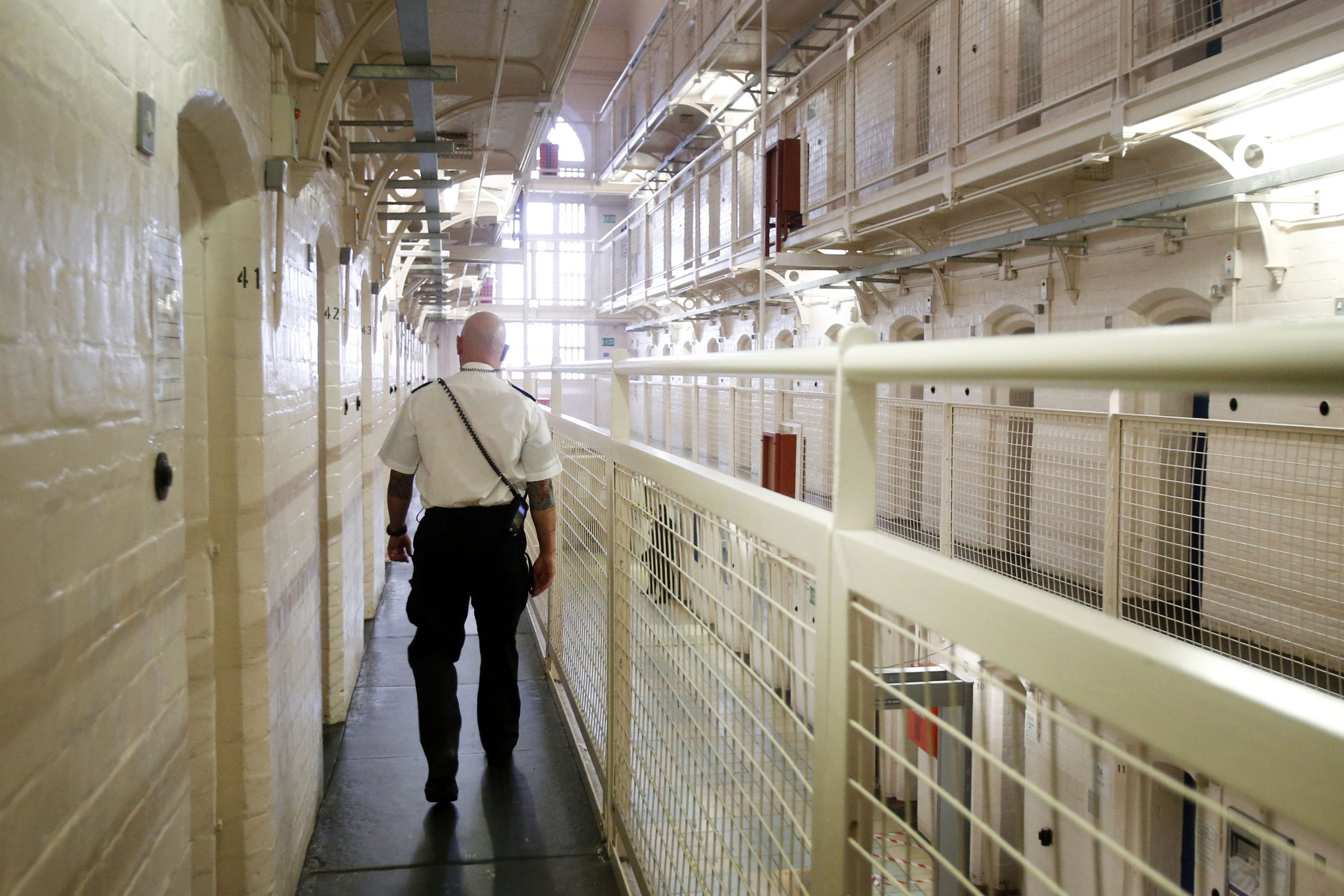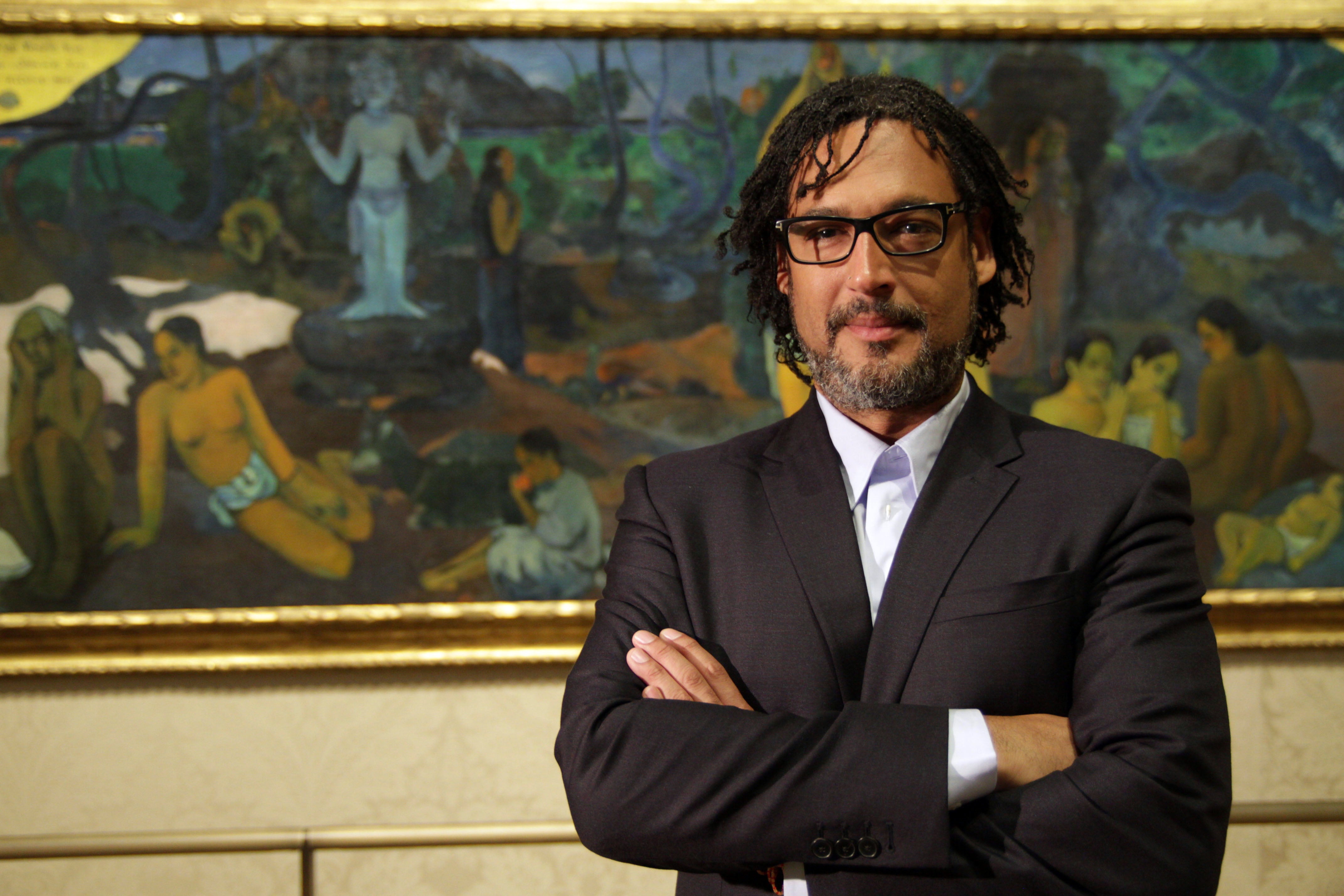Don’t turn rioters into folk heroes by locking them up – there’s a smarter way to punish them
As a former prison officer, I’ve seen first hand that jail doesn’t do any good. Instead, the government should be heeding the lessons of post-apartheid South Africa, says Ava Vidal


When racist mobs spent the best part of a warm week in August rampaging through towns in England, they looted shops, burned out cars, vandalised mosques, smashed windows of homes in areas populated by ethnic minorities and, perhaps most shocking of all, set fire to hotels housing refugees.
It was the kind of civil unrest that demanded a swift and unequivocal response from the government. Our recently elected prime minister launched Operation Early Dawn, and those suspected of involvement – whether in person or of stoking unrest via their social media posts – had their court hearings expedited. Of the more than a thousand or so who have been arrested to date, several dozen are already in jail and serving some of the lengthiest sentences available.
But the breakneck speed with which Keir Starmer acted, while praised by some, has also come under attack. As a Black person born in the UK who also happens to be a former prison officer, it may surprise some to know that I don’t believe that many of these rioters should be sent to prison. I believe there’s another world of pain that could be meted out to them instead.
Prison is expensive. It costs the taxpayer tens of thousands to house one inmate per year. Britain is in the midst of a seemingly never-ending cost of living crisis. The cost of basic groceries is higher than ever, heating bills are about to go up by 9 per cent, and most people’s wages are not rising with them. This will lead to more cuts to services and fuel more bad feeling, for which immigrants will likely be blamed.
Some participants in the summer riots have become folk heroes, held up as patriots and even political prisoners who were just “taking their country back”, even if it looked to the rest of us like they were just smashing it up. If they love this country so much, rather than jail, they should be made to do community service – clean the streets, pick the fruit (much of which, post-Brexit, is rotting in our fields) and scoop the poop out of the rivers and seas. They can wear ankle monitors and observe curfews.
When it comes to rehabilitation, prison doesn’t really work. Reoffending rates are high because being incarcerated affects every aspect of your life. A criminal record – even one for an aggravating post on Twitter/X – makes it harder to get a job, which affects your ability to feed, clothe and house yourself. Once you get into the prison system, it’s very hard to get out again. The only place I’ve seen people come out of jail a better person than they went in is in films.

Prisons are a real-life LinkedIn for criminals. There, they can network, share tips and stories, learning from each other’s mistakes. You go in for looting a Lush and you come out knowing a dozen different ways to break into a Mercedes without setting off the alarm, where to find a cash buyer, and how best to ship it out of the country.
So what is my solution? For the avoidance of doubt, those found to have committed the most violent and heinous crimes, such as setting fire to migrant hotels, need to go straight to prison, without passing go or collecting £200. For the rest, I believe we need truth and reconciliation-style special hearings in each of the towns impacted by far-right-inspired anti-immigration violence.
It worked 30 years ago in South Africa. Hearing the testimonies from thousands of victims of racial segregation and from perpetrators of racist violence during the country’s decades of apartheid helped the Rainbow Nation to heal. Nelson Mandela’s minister of justice, the late Dullah Omar, described truth and reconciliation as “a necessary exercise to enable South Africans to come to terms with their past on a morally accepted basis and to advance the cause of reconciliation”. And what’s good for Soweto is surely good for Southport.
Let the people of Preston and Plymouth, Sunderland and Stoke-on-Trent tell their stories, air their grievances and have some uncomfortable discussions in public – and see if we can’t find ways how we can all move forward.
Some may think that ours is a very different history to South Africa, which between 1948 and the early 1990s operated a harsh regime in which a white minority ruled over the Black majority. Segregation and discrimination were baked into law, and horrific violence was used to enforce it. To that, I would say that Britain has an extensive history that includes playing a major role in slavery and colonialism. And even though people say it’s all in the past, the legacy of these things still affects us all to this day. This is how this tiny country became so rich.
British history is why so many Black and brown people are living in the country today. Before the former colonies gained their independence, people in countries across Africa, Asia and the Caribbean were counted as British subjects. They fought in British wars, helped rebuild the country after two world wars, and helped establish our NHS. “We are here because you were there”, as the old saying goes.
If truth and reconciliation were to come to Britain’s fractious towns, it would need to be commissioned by, but completely independent of the government of the day. To run my fantasy panel, I’d choose TV historian David Olusoga, author of Black and British: A Forgotten History. Every community affected by the race riots would pick whomever they wanted from their respective ranks to provide testimonies. They would be asked why people feel how they do, and why.

To represent Black people, I’d like to see a lawyer such as Martin Forde, the first Black female MP Diane Abbott, and journalist Gary Younge. I’d also like to see representatives from the health, education, sports, entertainment and business sectors – as well as the homeless guy with dreadlocks who hangs around Clissold Park shouting – because he makes a lot of sense if you listen to him closely.
In South Africa, truth and reconciliation proved to be a painful exercise. Victims of human rights abuses gave their stories, and amnesty from both civil and criminal prosecution was given to those who carried them out – in exchange for full disclosure. There were tears and anger – but, ultimately, that country was able to move forward much more quickly than if it hadn’t happened.
As an approach to justice, it is not perfect by any stretch, but it would be a start.
What scared me about the riots this summer was quite how many “ordinary” people were involved, or who approved of the violence: teachers, childminders, our friends, our neighbours and, in some cases, our family members. (That’s what happens when you create mixed-race children – we end up in your families.)
In our personal relationships, we are encouraged “never to go to bed on an argument”, as hard feelings become resentment, making it much harder to move on. Well, collectively we’ve slept on hundreds of years of arguments. Britain urgently needs to face its past, if only so we can work towards a better future.
Join our commenting forum
Join thought-provoking conversations, follow other Independent readers and see their replies
Comments